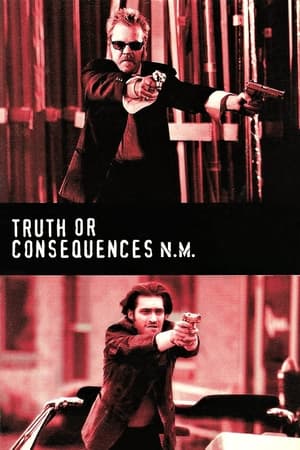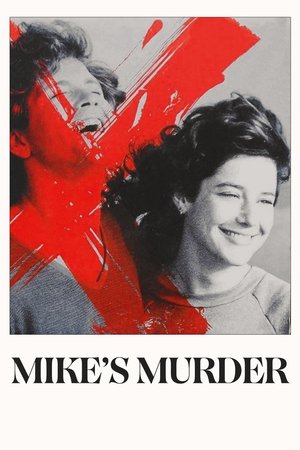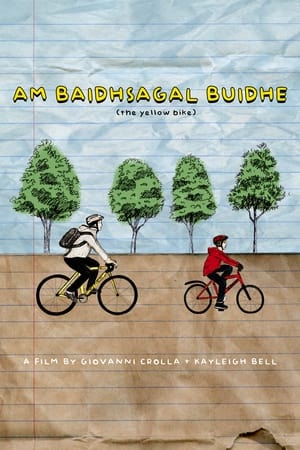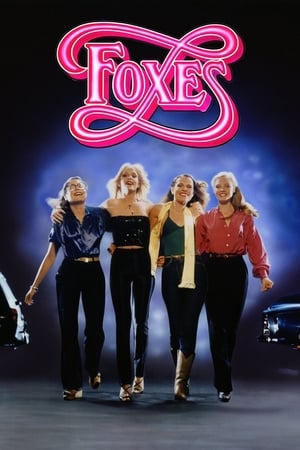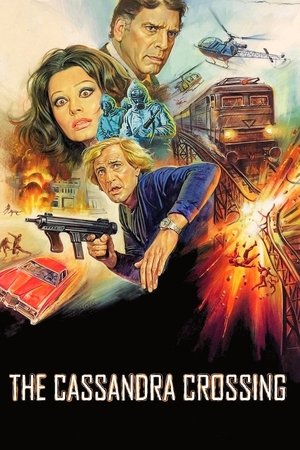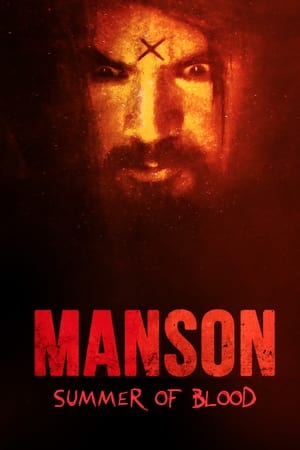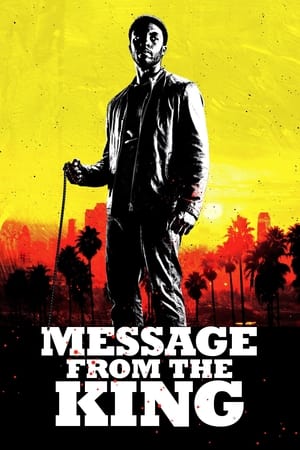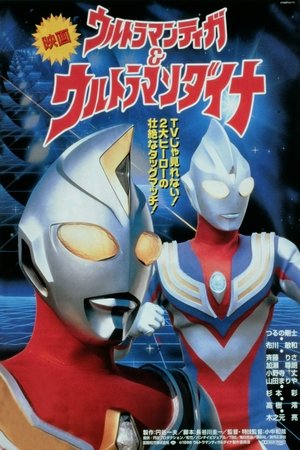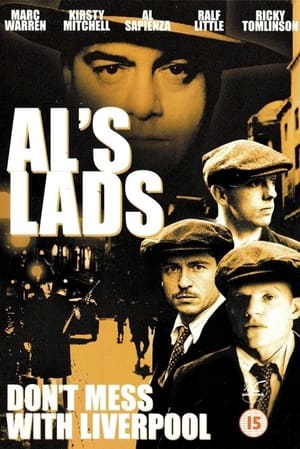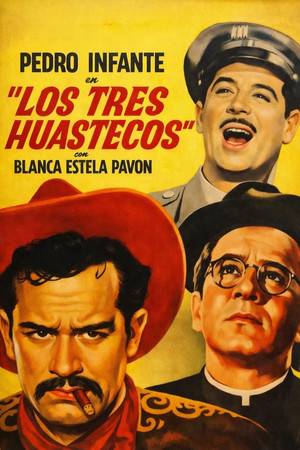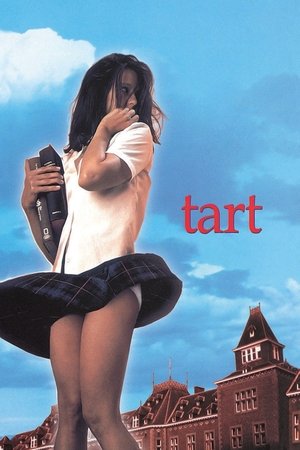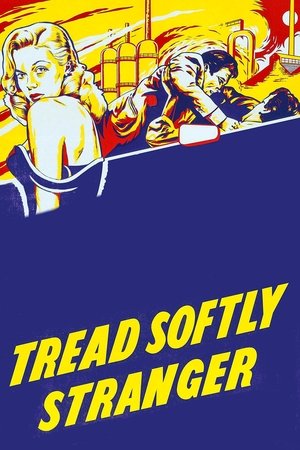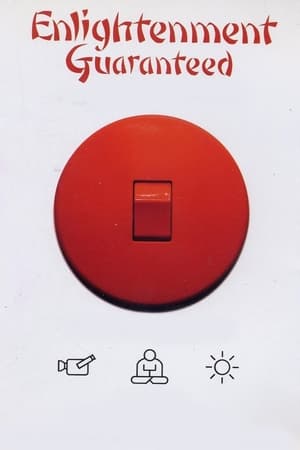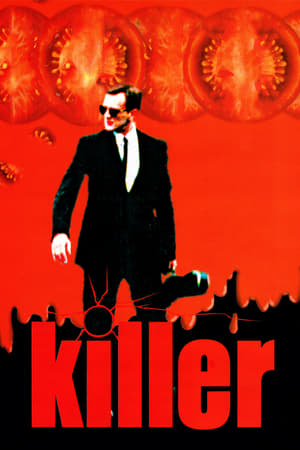Overview
In the Harlem neighborhood of New York City, the Mafia steps in when a drug dealer quits his partner and brother to lead a straight life with his girlfriend.
Reviews
Sugar Hill is considered the second installment in scripwriter Barry Michael Cooper’s “Harlem Trilogy.” It is also the weakest link, not necessarily a bad thing when the chain also includes New Jack City and Above the Rim (we may, to a certain extent, attribute the varying quality among the three films to being each directed by a a different filmmaker); unfortunately, it isn’t all that good in a vacuum either.
Lacking the originality of New Jack, Sugar Hill could be described as The Blackfather (I would also accept Blacklito’s Way), although it reaches much farther back than that; the film is a tragedy in the classic sense of the word – or at least it would be if it didn’t have one scene too many, specifically a tacked-on semi-happy ending (the previous scene, involving a climactic yet clichéd Gun Struggle, doesn’t do the movie any favors either).
As a Godfather clone, Sugar Hill knows the words but not the music. For instance, evil drug dealer Lolly Jonas (Ernie Hudson) kills good drug dealer Roemello Skuggs's (Wesley Snipes) best friend Goggles (Steve Harris), but instead of seeking retaliation, and hoping to avoid more bloodshed, Roemello makes a precarious truce with Lolly which is broken by Roemello’s older but less competent brother Raynathan (Michael Wright). At the same time, Roemello is looking to quit the drug business and settle down with his new girlfriend Melissa (Theresa Randle), who rhetorically asks him “Do you know that every time I go out with you, somebody dies?” (that’s a breakup line you don’t hear every day).
I get it. I really do. Roemello is Don Corleone – both Mike and Vito –, Goggles is Sonny, Raynathan is Fredo, Melissa is Kay, and so on and so forth. Hell, the cast even includes Abe Vigoda, who played treacherous caporegime Sal Tessio in the first Godfather. On the other hand, what I’m not quite sure about is why exactly Lolly kills Goggles in the first place other than because he’s the bad guy and to speed things along. Another character that exists solely as a victim to be sacrificed on the altar of plot developments is Kymie (Donald Faison), a young, dumb wannabe gangsta who appears in literally two (2) scenes; he’s like Solomon Grundy except he dies on Tuesday instead of Saturday.
Something else New Jack has that Sugar Hill doesn’t is perspective. I mentioned above that Roemello is a “good drug dealer”, an assessment made possible because the movie expresses almost no interest in the effects of drug addiction, and when it does, we catch it in a glaring contradiction; the only two characters who experience firsthand the ravages of chemical dependence are Roemello’s parents, so that his becoming a pusher makes as much sense as if the murder of Bruce Wayne’s mother and father had inspired him to become a murderer himself as opposed to a crime fighter.

 123 min
123 min
 5.6
5.6
 1994
1994
 USA
USA
 tmdb28039023 wrote:
tmdb28039023 wrote: